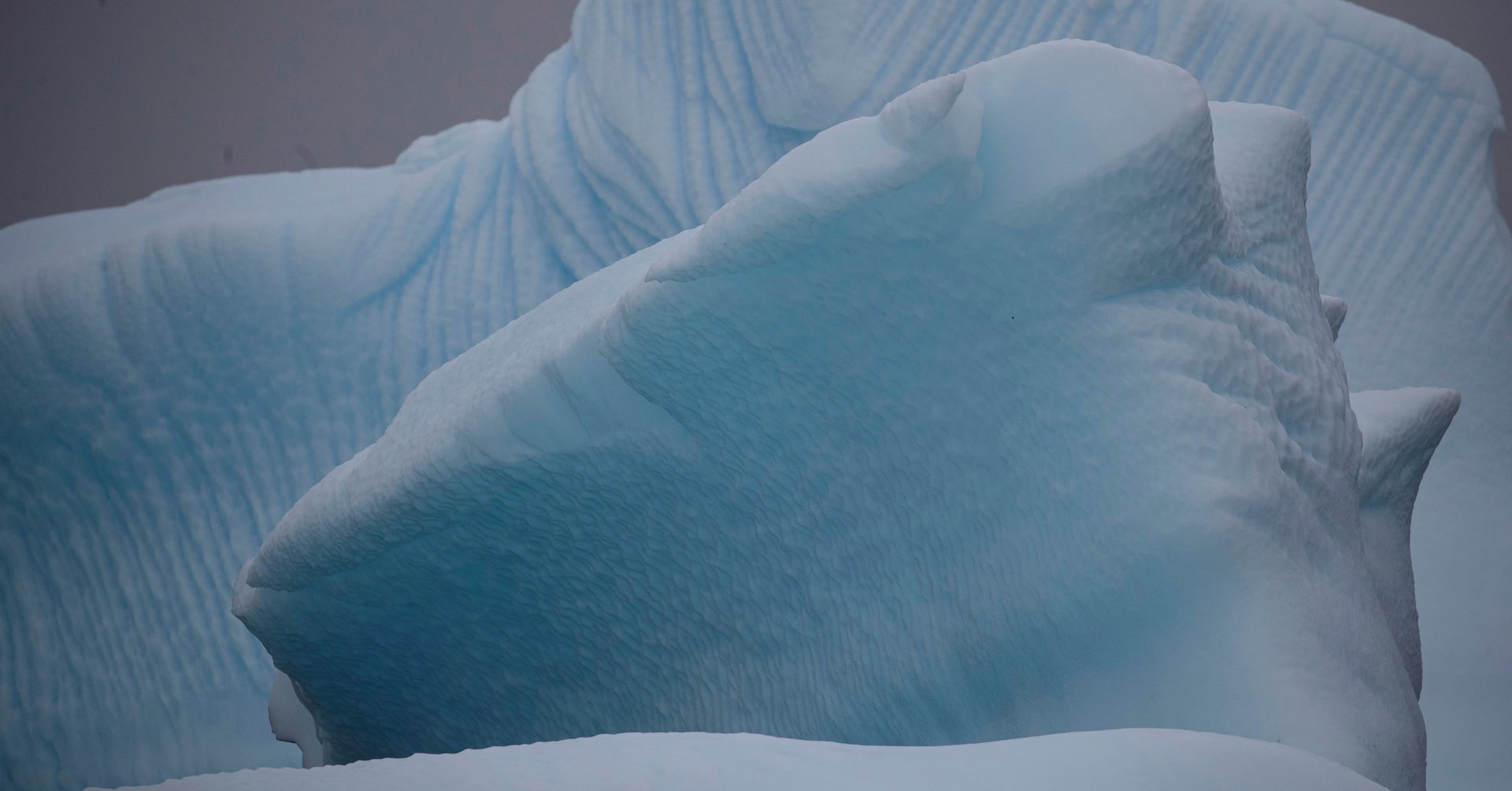- cross-posted to:
- [email protected]
- cross-posted to:
- [email protected]
Nearly 1,500 academics, researchers and scientists specializing in Antarctica gathered in southern Chile for the 11th Scientific Committee on Antarctic Research conference this week to share the most cutting-edge research from the vast white continent.
Nearly every aspect of science, from geology to biology and glaciology to arts, was covered but a major undercurrent ran through the conference. Antarctica is changing, faster than expected.
Extreme weather events in the ice-covered continent were no longer hypothetical presentations, but first-hand accounts from researchers about heavy rainfall, intense heat waves and sudden Foehn (strong dry winds) events at research stations that led to mass melting, giant glacier break-offs and dangerous weather conditions with global implications.
With detailed weather station and satellite data dating back only about 40 years, scientists wondered whether these events meant Antarctica had reached a tipping point, or a point of accelerated and irreversible sea ice loss from the West Antarctic ice sheet.



Ok well, according to this list, we should all make plans on seeing these cities before they’re gone forever.
Hahaha - like I’m going to Miami. Uhhhh . .No
La paz, 3650 m
I mean, i knew it, but it always amaze me
Also, Wien, 188 m… “lower austria” was not a joke